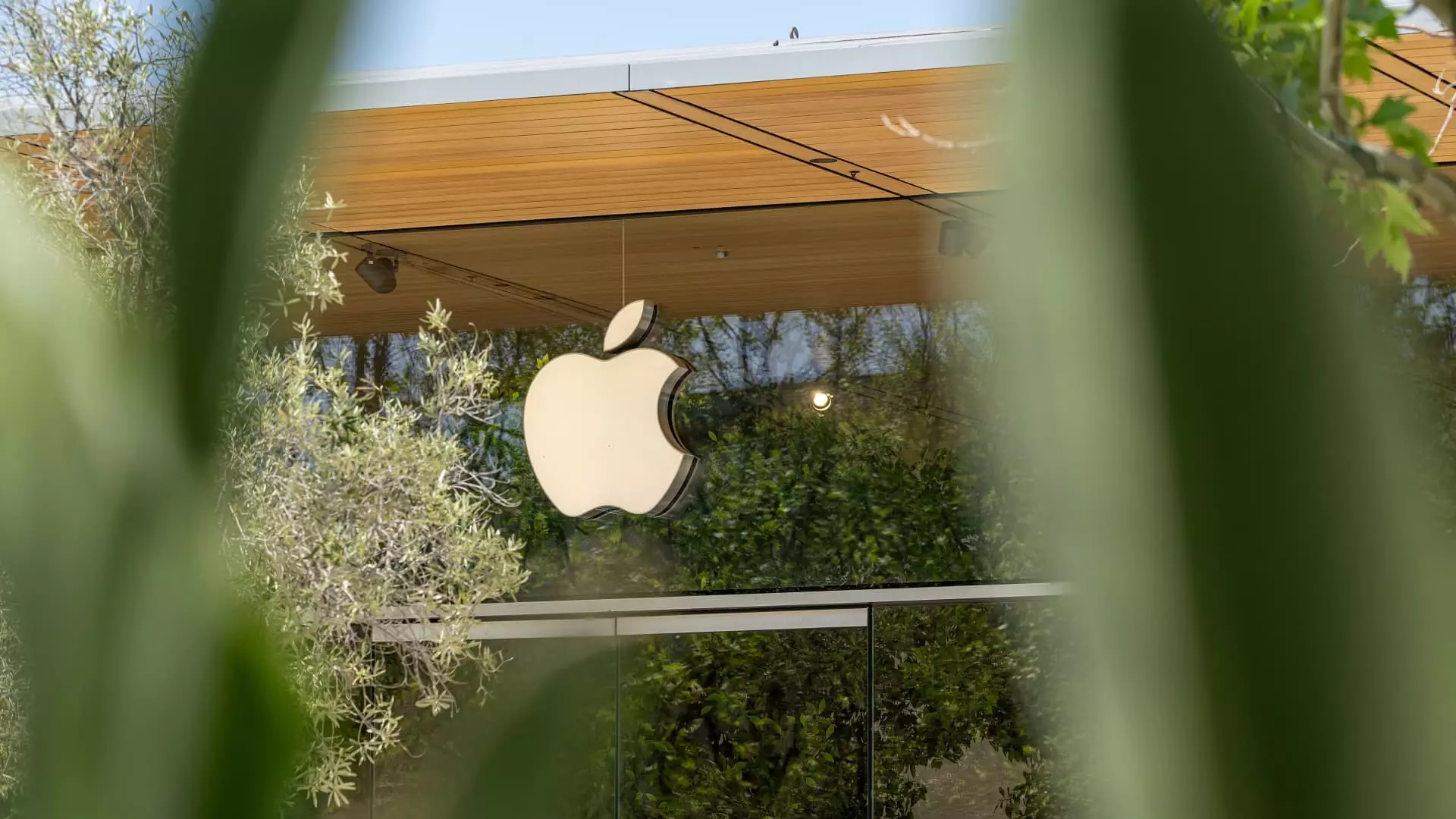In an ongoing saga emblematic of the fractures within the digital landscape, Apple Inc. finds itself embroiled in a contentious legal skirmish with Epic Games, the creator of the globally-popular Fortnite. Central to this conflict is the question of control within the App Store ecosystem, where Apple has long exercised significant power over how developers transact with consumers. Following a ruling by U.S. District Judge Yvonne Gonzalez Rogers, which mandates Apple to recalibrate its in-app payment framework, Apple has sought to temporarily halt these changes through an emergency motion. The stakes are high—not merely for Apple, but for the broader tech industry as well.
The Legal Tangle
Judge Rogers’ latest ruling is a repercussion of Apple’s infringement on a prior court directive stemming from the Epic trial verdict in 2021, wherein certain limits were placed on Apple’s in-app payment structure. This time, however, the scope of the order is more substantive, compelling Apple to cease its commission imposition on purchases facilitated through web links in apps. Apple contends that compliance with these new directives will incur “substantial sums” in costs, flexing its financial heft to paint the situation as a problematic encumbrance to its business model. Yet, while this may sound like classic corporate jargon, it belies a more pressing issue: the fundamental shifting of the power dynamic in app commerce.
Epic Games has long championed the notion that the App Store’s payment policies hinder fair competition and consumer choice. Their argument gained traction as developers like Amazon and Spotify began to pivot away from Apple’s commission scheme, redirecting users to their own platforms for transactions. This strategic maneuver underscores the potential for further disruption in the App Store, where Apple has systematically safeguarded its revenue stream for years. The logical question arises: Is this merely a power struggle, or does it represent a pivotal moment for antitrust considerations in tech?
Implications for Developers and Consumers
The ramifications of this dispute extend far beyond the corporate boardrooms and courtrooms. For developers, the ability to choose how and where to direct payments could radically transform the app economy. It capitalizes on the empowerment of small and large developers alike, equipping them with the autonomy needed to foster innovation and enhance user engagement. If Epic successfully utilizes this legal precedent, it might well unlock a floodgate of entrepreneurial spirit—encouraging developers to explore alternate revenue models without the fear of exorbitant fees that previously served as an anchor to their growth.
For consumers, this shift presents both advantages and challenges. Greater competition could lead to lower prices and improved service as developers strive to attract and retain users with better value offerings. However, the digital marketplace also carries risks, such as potential fragmentation and a lack of uniformity in app security protocols. As consumers, it is essential to stay attuned to these developments, acknowledging the intricacies involved in navigating a rapidly evolving landscape.
Apple’s Tactics and Public Perception
Interestingly, beneath Apple’s legal rhetoric lies an effort to maintain a façade of integrity. The company has vehemently denied Judge Rogers’ assertions that they misled the court, framing their actions as compliant and responsible. They argue that the sanctions proposed by the judge unjustly punish the company rather than incentivizing compliance with the previous ruling. This narrative strategy serves a dual purpose: it attempts to sway public opinion in their favor while also working the judicial system in hopes of reinstating their large commission structures.
Many view Apple’s actions as emblematic of a larger issue: the struggles tech giants face as their monopolistic tendencies come under heightened scrutiny. The reality remains that Apple, alongside other tech behemoths, has long enjoyed a cozy relationship with consumers, thanks to its carefully curated image of innovation and quality assurance. Yet, as cracks begin to show in this corporate veneer, a renewed conversation about market monopoly and consumer rights is essential for understanding the underlying forces at play.
The Future of the App Economy
As this legal drama unfolds, it functions not merely as a battle between two companies but as a defining moment in the future of digital commerce. The outcome could redefine the power structure within the app ecosystem, potentially paving the way for more equitable partnerships between platform holders and developers. Yet, whether this legal endeavor leads to a successful recalibration of the system or relegates the issue to the annals of legal precedents, one thing remains clear: the scrutiny of how giants operate in a digital economy will only intensify going forward. For consumers and developers alike, this is a call to remain vigilant as the tides of change shape the future.


Leave a Reply